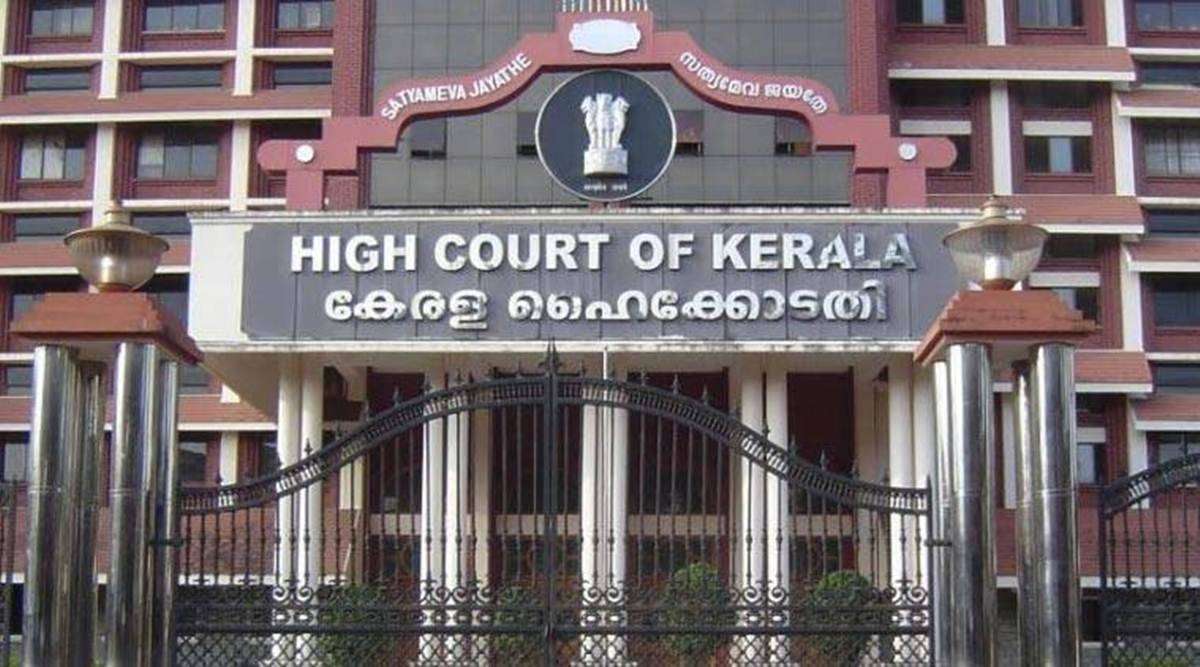The Kerala High Court bench headed by Justice Kauser Edappagath recently held that in order to be punishable under Section 3(2)(v) of the Scheduled Castes and Scheduled Tribes (Prevention of Atrocities) Act, the accused must not be a member of the SC or ST community and must be shown to have committed the offence with the knowledge about victim’s caste/ community. Without an averment to that effect, the offence under Section 3(2)(v) would not be attracted.
“Merely because a person who does not belong to a member of a Scheduled Caste/Scheduled Tribe commits any offence under the Indian Penal Code punishable with imprisonment for a term of 10 years or more against a person belonging to a Scheduled Caste/Scheduled Tribe, the offence u/s 3(2)(v) would not get attracted…The word found in the provision being “knowingly”, an allegation about the assailant’s knowledge or awareness that the victim is a member of a Scheduled Caste/Scheduled Tribe at the time of the commission of the atrocity described under the provision must be there. Without the element of knowledge being incorporated in the allegations, the offence is unlikely to be attracted,” Justice Kauser Edappagath observed.
“The revision petitioner is the father of the victim, a 5-year-old child. The prosecution allegation is that the 2nd respondent/accused trespassed into the house of the victim, committed rape on her, and thereafter murdered her. The petitioner alleged that since the 2nd respondent is a Christian and the victim belongs to Scheduled Caste, the offence under Section 3(2)(v) of the Scheduled Castes and Scheduled Tribes (Prevention of Atrocities) Act, 1989 (for short, the SC/ST(PoA) Act) is attracted. Alleging inaction on the part of the investigating officer in incorporating the offence u/s 3(2)(v) of the SC/ST(PoA) Act in the final report, the petitioner approached this court,” the order reads.
On the contrary, the Counsel appearing for the accused, Advocate S.K Adhithyan submitted that the accused is a Hindu Parayan by birth and produced a series of documents to substantiate his contentions. The Counsel contended that the report of the Tahasildar was issued without conducting a proper investigation and without hearing the accused. The Counsel further contended that the petitioner does not have a case in the FIS that the accused was not a scheduled caste and he committed the crime knowing that the victim is a scheduled caste and hence the offence u/s 3(2)(v) of the SC/ST Act will not be attracted.
The Court was hearing a criminal revision petition challenging the order of the Special POCSO Court, dismissing the petition filed by the victim’s father seeking alteration or addition of charge.














